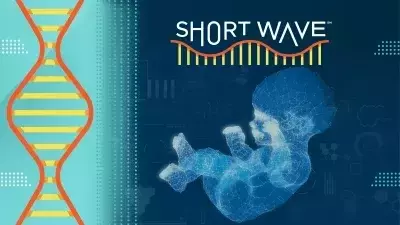
In the realm of scientific innovation, the manipulation of genetic material within human embryos has re-emerged as a pivotal and contentious subject. The global scientific community was profoundly shaken in 2018 when a Chinese researcher, He Jiankui, revealed the creation of the world's first genetically altered infants. This groundbreaking, yet ethically fraught, endeavor utilized the then-nascent CRISPR gene-editing technology, drawing severe criticism for its premature application and the potential unknown repercussions for human heredity. The ensuing uproar highlighted the urgent need for stringent ethical guidelines and thorough public discourse surrounding such transformative scientific capabilities.
Despite the initial condemnation and the inherent ethical dilemmas, the pursuit of advanced gene-editing solutions for human applications continues to accelerate. Various enterprises are now dedicating substantial resources to refine and deploy these sophisticated biotechnologies, envisioning a future where genetic interventions could address a spectrum of hereditary conditions. This renewed push signals a significant chapter in the evolution of genetic engineering, moving beyond the initial controversies to explore controlled and responsible avenues for its application, all while navigating the complex interplay of scientific ambition and societal responsibility.
As we stand at the precipice of remarkable biotechnological advancements, the ongoing evolution of gene-editing technologies prompts us to consider the profound implications for humanity. The ability to precisely modify genetic codes offers unprecedented opportunities to mitigate inherited diseases and enhance human well-being, paving the way for healthier generations. However, this power also carries an immense responsibility, demanding rigorous ethical frameworks, transparent dialogue, and global collaboration to ensure that these innovations serve the greater good. It is through cautious yet courageous exploration, guided by integrity and a commitment to human dignity, that we can harness the transformative potential of gene editing to build a future marked by progress, health, and equitable access to scientific breakthroughs for all.
